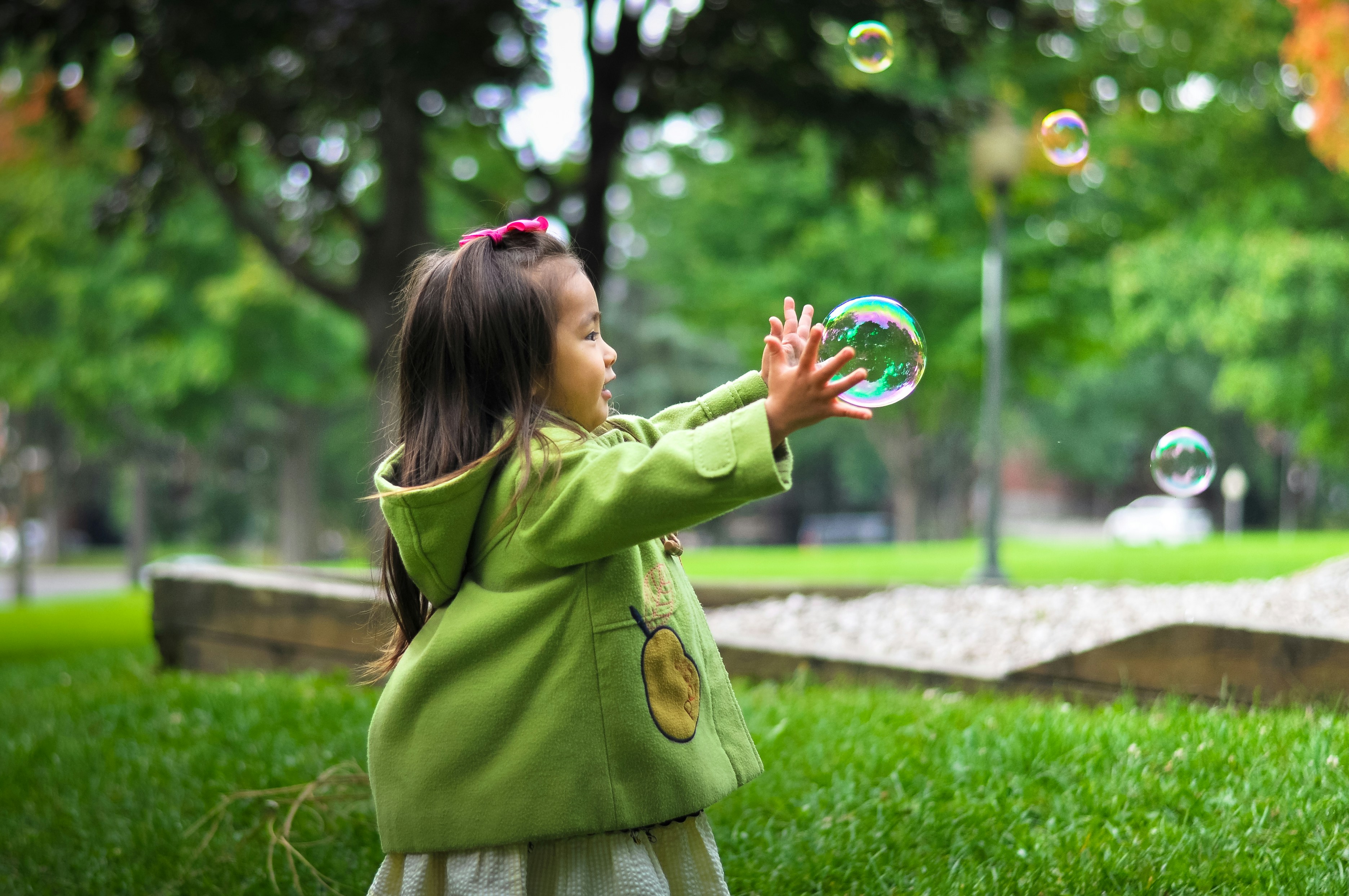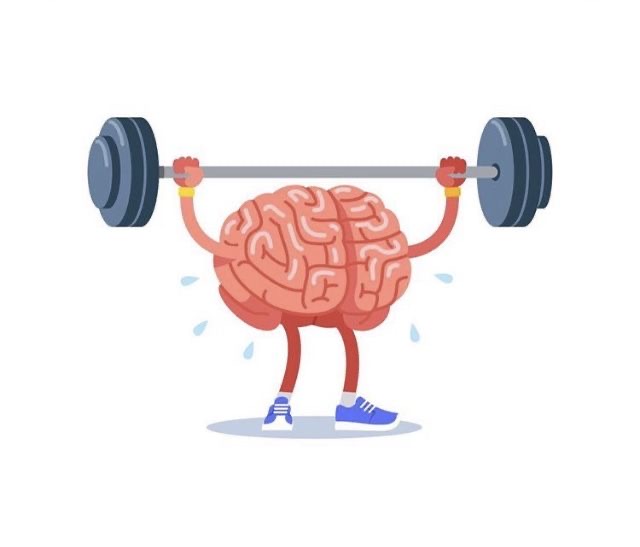At Elite Psychology Group, we often see a common pattern across sports, business, and everyday life: people sometimes assume they know more than they really do. Psychologists call this the Dunning–Kruger effect, a cognitive bias first identified by researchers David Dunning and Justin Kruger in 1999.
Lately, it seems like everyone is an expert and has an important opinion. From food, working out, and mental health, there’s a flood of information coming at us from a wall of noise. But where is the signal? Social media, podcasts, and quick-hit articles give us access to endless “expertise,” but often without depth, context, or accountability. The result is a culture where confidence can easily outpace competence.
The Dunning–Kruger effect describes a simple but powerful paradox:
- People with limited knowledge or skill in a certain area tend to overestimate their competence.
- People with high levels of expertise often underestimate themselves, assuming others know as much as they do.
This bias is especially prevalent in today’s information-rich world, where surface-level knowledge is everywhere, but true mastery takes years of learning, practice, and feedback.
Real-World Examples
In Sports
A runner who has only been training for one season might confidently assume they “know everything” about pacing, recovery, and race strategy. Their limited experience makes it harder to see the complexities they’ve missed.
By contrast, seasoned athletes, who do understand training cycles, nutrition, and psychology, often question whether they’ve prepared enough, underestimating their knowledge precisely because they know how much there is to learn.
In Business
We see the same effect in the start-up world. Early-stage founders may walk away from a workshop or accelerator with a sense of mastery, only to be blindsided by the realities of fundraising, scaling, and managing people.
Meanwhile, experienced executives often approach new challenges with humility, aware of the unseen layers that only come with time.
In Life
This shows up in everyday situations, too. Someone who reads a few articles or watches a short video might feel like they’ve mastered parenting, nutrition, or financial planning—until they encounter the real complexities.
On the other hand, those who have spent years navigating these areas often recognize how much they don’t know, and approach decisions with greater caution and humility.
Why It Matters Now
The Dunning–Kruger effect is especially visible today because information is everywhere. A quick search or viral video can give us a burst of confidence, but without critical reflection or deeper practice, that confidence may not match reality.
This gap can lead to poor decision-making, overpromising, and frustration when results don’t align with expectations.
How to Counter the Dunning–Kruger Effect
- Seek Feedback
Surround yourself with coaches, mentors, or trusted peers who can offer honest perspectives. Outside feedback helps recalibrate confidence with reality. Your round table of trusted friends. - Adopt a Growth Mindset
Instead of assuming “I know this already,” stay open to learning. A growth-oriented approach frames each experience as an opportunity to expand, rather than a test of what you already know. Empty your knowledge cup to learn. - Balance Confidence with Curiosity
Confidence is important, but curiosity ensures you keep exploring what you don’t yet know. Asking questions often reveals the blind spots we didn’t realize we had. - Measure Progress, Not Assumptions
In sports, track your training data. In business, evaluate outcomes and KPIs. In life, reflect on your habits, relationships, or finances. Grounding your growth in data helps bridge the gap between perception and reality. - Practice Humility
Remember: true expertise often comes with the realization that learning never stops. Humility isn’t weakness, it’s what keeps growth alive.
Final Thoughts
The Dunning–Kruger effect is part of being human. We all overestimate or underestimate ourselves at times. The key is recognizing this tendency and building practices that keep us grounded, open, and growing.
At Elite Psychology Group, we help athletes, executives, and individuals navigate this balance, cultivating both the confidence to act and the humility to keep learning.
👉 If you find yourself overwhelmed by the noise and want support in finding clarity, growth, and perspective, reach out to us at Elite Psychology Group. We’re here to help you cut through the noise and focus on what truly moves you forward.
Kruger, J., & Dunning, D. (1999). Unskilled and unaware of it: How difficulties in recognizing one’s own incompetence lead to inflated self-assessments. Journal of Personality and Social Psychology, 77(6), 1121–1134. https://doi.org/10.1037/0022-3514.77.6.1121











